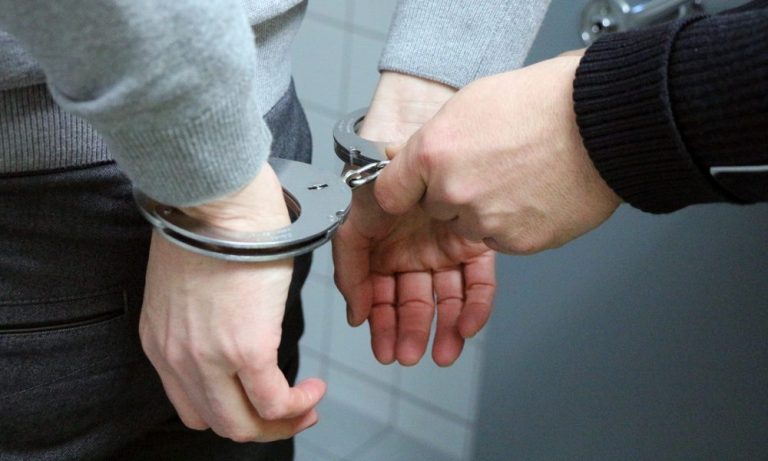“Over and over again we’ve heard that any solution we’ve proposed needs to put treatment options in front, I believe this…amendment does that.”
The Washington Legislature on Tuesday passed a new law to create a gross misdemeanor penalty for drug possession and to build out substance-use treatment programs, marking the end of a tortured two-year legislative journey to reshape how the state treats narcotics.
On the first day of a special legislative session called specifically to address the issue, lawmakers passed a new, compromise version of Senate Bill 5536. By Tuesday evening, Gov. Jay Inslee (D) had signed the bill into law, and the special session had adjourned.
I signed SB5536 today. This bill is not designed to fill our jails, it’s designed to fill our treatment centers. Drugs have stolen free will from some of our fellow Washingtonians, but we love them. We care for them. And we want to help.https://t.co/Jspzzc7Rir
— Governor Jay Inslee (@GovInslee) May 17, 2023
The Legislature struggled to find a compromise law during this year’s regularly scheduled legislative session. It ended late last month with lawmakers failing to pass a proposal in the session’s final hours, when the Democratic-controlled House couldn’t find the votes needed to pass a proposed new law.
The deal passed on Tuesday creates a gross misdemeanor for knowing possession and knowing use in a public place, according to a legislative analysis of the compromise. The compromise also gives prosecutors the right to deny pretrial diversion programs.
In a Senate floor speech, Sen. June Robinson, D-Everett and sponsor of the bill, said the bill strikes a good balance between enforcement and treatment. And she called the compromise—which was sponsored as an amendment to the bill worked on all year—a step toward improving substance-abuse treatment.
“Over and over again we’ve heard that any solution we’ve proposed needs to put treatment options in front, I believe this…amendment does that,” she said. The measure passed the Senate 43 to 6.
Later in the day, lawmakers in the Democratic-controlled House—who hadn’t been able to find the votes on the last night of session, leading to a collapse of the bill on the floor—likewise approved the new version.
Even Tuesday’s votes to send SB 5536 to Inslee’s desk revealed splits across the political landscape over the issue.
Rep. Gerry Pollet, D-Seattle, voted against the final deal after supporting previous versions. He criticized a part of the compromise that allows prosecutors to opt against using drug pretrial diversion programs for some individuals. Among other things, Pollet worried that the policy would impact people of color, and he vowed to closely monitor such provisions.
“Today, I rise and say, we will be watching you,” said Pollet. The House voted Tuesday for the new compromise 83-13.
Likewise, Sen. Mike Padden, R-Spokane Valley, called on the Senate floor for a return to a felony drug possession statute.
In February 2021, the Washington Supreme Court struck down the state’s felony drug possession statute. Known as the Blake decision, the court effectively invalidated half a century of criminal convictions, along with related aspects, like required restitution for crimes related to those causes. The ruling came as lawmakers and society began to rethink more broadly the war on drugs and look for ways to improve substance-use treatment.
As a temporary fix two years ago, legislators and Gov. Inslee approved a measure to make unlawful possession a misdemeanor crime only on the third violation, with law enforcement officers directed to offer treatment options in place of arrests for the first two violations. That law expires in July.
The struggle to tackle drug use comes as overdose deaths have steadily risen in Washington, even as lawmakers struggled to find consensus.
As part of their attempts this year to improve drug treatment, lawmakers and the governor have directed more than $600 million in new funding for statewide treatment facilities and behavioral health services in the new state budgets.
In a statement Tuesday, Marco Monteblanco of the Washington Fraternal Order of Police said the final compromise “ensures a good balance of treatment, accountability and consequences for addressing substance-abuse disorders in our communities.”
“Raising drug possession from a misdemeanor to a gross misdemeanor will provide additional influence to get people off the streets and into treatment—the bill provides peace officers avenues to keep folks in need of treatment out of jail and our emergency rooms,” he added.
Visit crosscut.com/donate to support nonprofit, freely distributed, local journalism.
